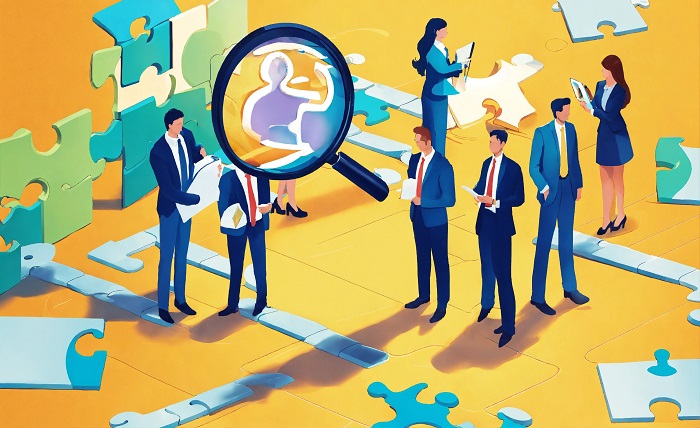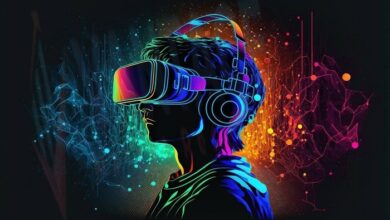Understanding Errors: Types, Causes, and Solutions

Introduction
Errors are an inevitable part of human experience. Whether in daily life, technology, or scientific endeavors, errors can lead to valuable lessons and improvements. In this blog post, we’ll explore different types of errors, their causes, and effective ways to address them.
Types of Errors
a. Syntax Errors
Syntax errors occur when code violates the rules of a programming language. These errors prevent successful compilation or execution. Common examples include missing semicolons, unmatched parentheses, or undefined variables.
b. Runtime Errors
Runtime errors occur during program execution. They often result from unexpected input, division by zero, or accessing an out-of-bounds array index. Proper error handling can mitigate their impact.
c. Logical Errors
Logical errors lead to incorrect program behavior. The code runs without errors, but the output is not as expected. Debugging and thorough testing are essential to identify and fix logical errors.
Causes of Errors
a. Human Error
Humans introduce errors due to oversight, lack of knowledge, or miscommunication. Proper training, documentation, and attention to detail can reduce human-induced errors.
b. Software Bugs
Software bugs arise from coding mistakes, faulty algorithms, or incorrect assumptions. Rigorous testing, code reviews, and automated tools help detect and fix these bugs.
c. Hardware Failures
Hardware errors occur due to faulty components, overheating, or power fluctuations. Regular maintenance and redundancy can minimize their impact.
Solving Errors
a. Debugging Techniques
- Print Statements: Insert print statements in your code to trace its execution.
- Step-by-Step Debugging: Use debugging tools to step through code and identify issues.
- Logging: Implement logging to capture relevant information during runtime.
b. Unit Testing
Write unit tests for individual code components. Automated testing ensures that changes don’t introduce new errors.
c. Code Reviews
Peer-code reviews help catch errors early. Fresh eyes can spot issues that the original developer might have missed.
Conclusion
error domain are not failures; they are opportunities for growth. Embrace them, learn from them, and continuously improve. Remember that even the most seasoned professionals encounter errors—it’s how we handle them that matters.
FAQ
Q1: How can I prevent syntax errors in my code? A1: Follow coding conventions, use an IDE with syntax highlighting, and double-check your code before running it.
Q2: What’s the best approach to debugging logical errors? A2: Break down the problem, isolate specific sections of code, and test each part independently.





